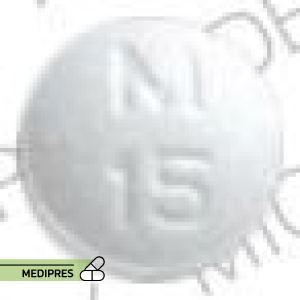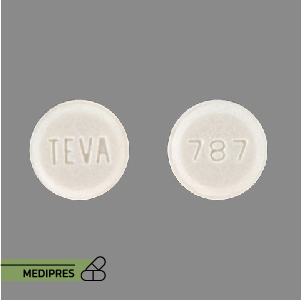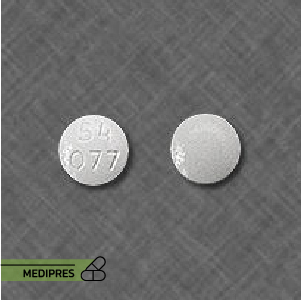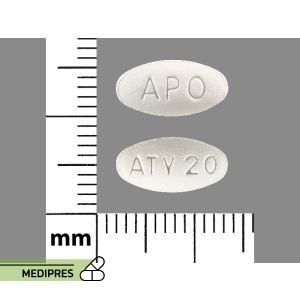
Atridox
23 June, 2023
Avandaryl
23 June, 2023Atropine and diphenoxylate
Category: A
Description
Generic name:
Atropine and diphenoxylate
Drug class:
Antidiarrheal combination: anticholinergic and opioid
Dosage form:
Tablet; Oral solution
Route of administration:
Oral
Dose:
- Adults: Tablets: 2 tablets (diphenoxylate 5 mg/atropine 0.05 mg) initially, then 1–2 tablets after each unformed stool; do not exceed 8 tablets (20 mg diphenoxylate) per day. Oral solution: 5 mL (diphenoxylate 2.5 mg/atropine 0.025 mg) 1–2 teaspoonfuls initially, then 5 mL after each loose stool; do not exceed 40 mL per day.
- Children (2–13 years): Varies by indication; consult label.
- Children <2 years: Contraindicated.
Mechanism of action:
Diphenoxylate is an opioid agonist at GI mu-receptors, slowing intestinal motility and increasing water absorption. Atropine is an anticholinergic agent that reduces gut secretions and motility to discourage abuse.
Drug usage cases:
- Acute nonspecific diarrhea
- Chronic diarrhea
- Traveler’s diarrhea (off-label)
- Irritable bowel syndrome with diarrhea (off-label)
Drug contra indications:
- Hypersensitivity to diphenoxylate, atropine, or opioids
- Pseudomembranous colitis (Clostridioides difficile infection)
- Diarrhea with fever or bloody stools
- Obstructive jaundice
- Paralytic ileus or GI obstruction
- Severe hepatic or renal impairment
- Children <2 years of age
Side effects:
- Dry mouth
- Blurred vision
- Photophobia
- Tachycardia
- Urinary retention
- Drowsiness
- Dizziness
- Nausea and vomiting
- Abdominal pain
- Constipation
- Hypotension
- Respiratory depression (rare)
- Paralytic ileus
- Toxic megacolon
- Anticholinergic toxicity: hyperthermia, confusion, delirium
- Potential for opioid dependence
Warnings:
- Risk of opioid dependence and abuse
- Monitor for anticholinergic toxicity, especially in elderly
- Avoid in dehydrated patients
- May mask symptoms of underlying conditions (e.g., infections)
- Not for pediatric use under 2 years
- Caution in hepatic or renal impairment
- Discontinue if no improvement within 48 hours
- Avoid concomitant CNS depressants
Use during pregnancy or breastfeeding:
Pregnancy category C. Animal studies show potential fetal risk; use only if benefit justifies risk. Diphenoxylate and atropine are excreted in breast milk and may cause respiratory depression or anticholinergic effects in nursing infants; use with caution or consider alternative therapy.



